
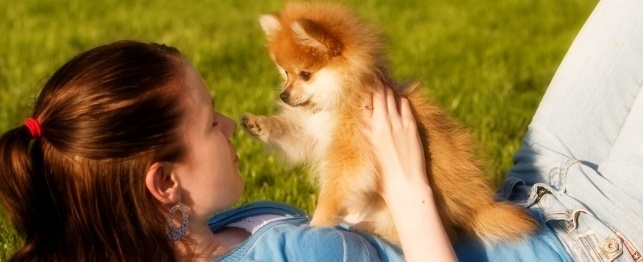
Dogs
When a puppy is born, it knows nothing of the world around it. However, it knows enough to stay close to its mom and her milk bar. The only important task for the pup during the neonatal period is to maintain a degree of physiological balance. Nursing and sleeping are about all the pup is capable of at this stage.
After a week or ten days of hanging around "the great one," the pup's eyes and ears open and it begins to process information about the world outside. Reflexes and mother's care have brought the pup thus far, but increasingly, know-how, including the establishment of proper relationships with others, becomes necessary for continued success in life. The first and most important relationship a pup makes is with its mom.
If a pup is separated from its mom, she will retrieve it. If it cries, she will attend to it. If it is hungry she will feed it. The pup's trust and reliance develop quickly as mom invariably finds a way of providing for the youngster's every need.
This mutual interaction brings satisfaction and relaxation to both the mother dog and puppy. A strong bond develops and the pup no doubt feels at one with its epimeletic parent. For pups, mistrust of unfamiliar individuals begins to develop around 8-10 weeks of life and is a reflection of the pup's strong bond with its canine family.
The original bond a pup has with its mom is the most important one it will ever have. If, when the pup cries, its mom routinely responds, it will develop confidence. If she grooms it regularly, its nervous system will positively sprout. If she's always right there when the pup turns around for assurance, it learns trust. Well-tended pups have higher (what might be called) self-esteem, are smarter, and seem to regulate their emotions better. A "functional" pup – one that can make its own way in the world - is the end result.
Over time, a pup's relationship with their mom progresses from one of hopeless devotion to a more voluntary affair. Their association becomes more like an enjoyable friendship between two individuals who seek each other's company for the pleasure it brings. Somewhere along the development road, usually between 3 and 6 weeks of age, pups develop relationships with their siblings and begin to learn social etiquette from their playful interactions.
But an interpersonal cataclysm lies in waiting for most young pups. At the relatively tender age of 8 weeks, most pups are adopted by well-meaning humans, who try their best to make the pup's transition from it mom and littermates as painless as possible. But strangers are no substitute for the pup's own family. Some early separation distress is almost inevitable and will be witnessed by the pup's new family as whimpering and whining, especially at night. Ill-informed friends advise, "Let the puppy cry. He's got to learn. You don't want to make a rod for your back, do you?" Nothing could be further from the truth.
At this stage, you (the parent stand-in) must meet all the pup's demands, just as its mom did. This way, you keep the pup on the right track of intellectual and social development. One of the great spins-offs is that the pup will re-attach to you, its new great provider, and will turn out every bit as confident and self-sufficient as its real mom would have liked.
A researcher at Tufts University School of Veterinary Medicine set out to explore the nature of the human-animal bond between young pups and their new human caregivers. A child psychologist by profession, this researcher used a modification of the "strange situation" (SS) test employed in child psychology to plumb the depths of the bond. The setup was as follows:
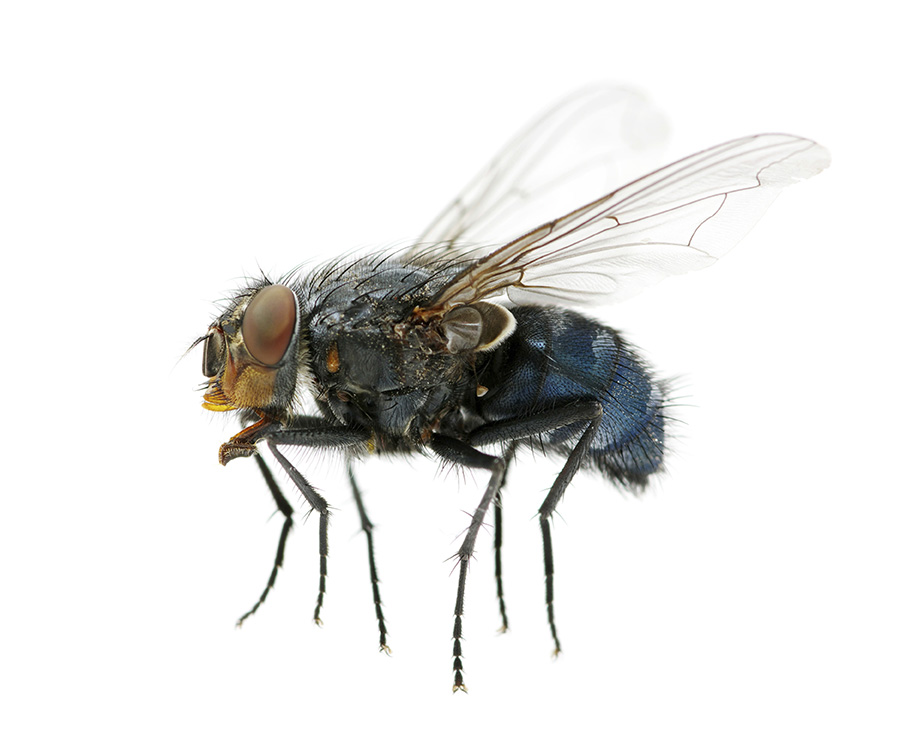 Protect Your Dog From These Hidden Hot
Summer means ice cream, hikes in th
Protect Your Dog From These Hidden Hot
Summer means ice cream, hikes in th
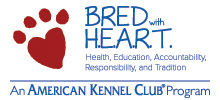 The Doberman Breeder: An Endangered Species?
Anti-breeding ways of thinking dist
The Doberman Breeder: An Endangered Species?
Anti-breeding ways of thinking dist
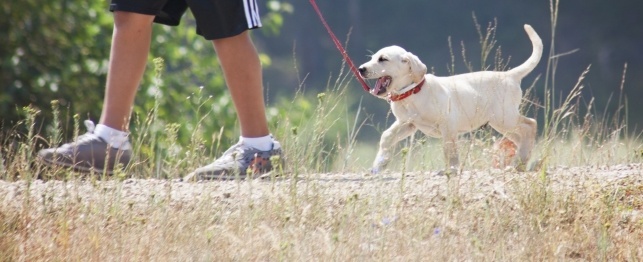 Training Your Puppy
Training Your Puppy
Training Your Puppy
Training Your Puppy
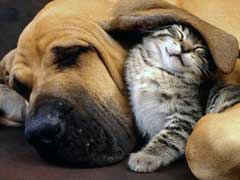 Dog Ear Infection Home Remedy Guide
Just l
Dog Ear Infection Home Remedy Guide
Just l
 How to Get a Handicapped Dog Up & Down Stairs
How to Get a Handicapped Dog Up & Down Sta
How to Get a Handicapped Dog Up & Down Stairs
How to Get a Handicapped Dog Up & Down Sta
Copyright © 2005-2016 Pet Information All Rights Reserved
Contact us: www162date@outlook.com